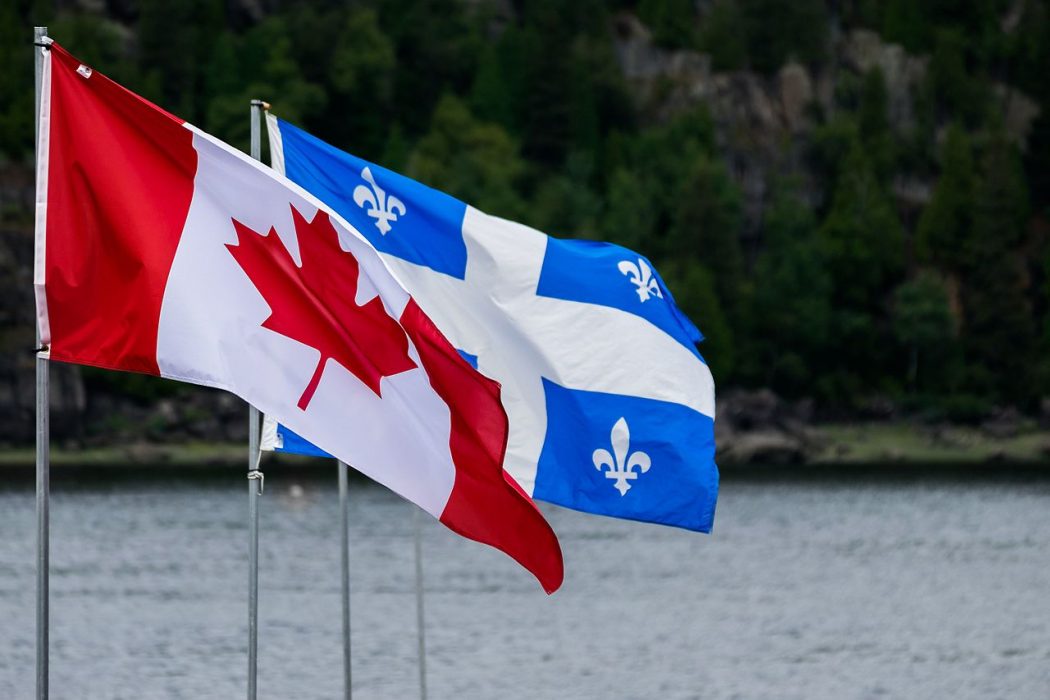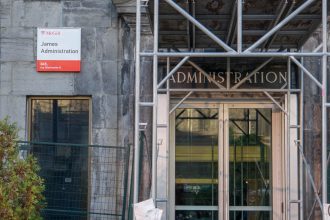For the first time in over 30 years, the question of Quebec sovereignty did not appear on the October 1 ballot. Graham Fraser, the former Commissioner of Official Languages, in association with the McGill Institute for the Study of Canada, held an event to discuss the long legacy of the province’s desire for independence. In particular, he focused on the impact of student politics on the issue.
At Thomson House on September 27, Fraser expressed that a move away from such a polarizing issue may in fact be a signal of separatist satisfaction (as a result of the Charte de la Langue Française). This satisfaction, he argues, owes credit to its predecessor: the Union Générale des Étudiants du Québec (UGEQ), the influential student-led movement of the 1960s.
Although only in existence for 5 years, Fraser argues that the downfall of the UGEQ was similar to that of the separatist movement. Due to their immense success in representing Francophone interests, both effectively eliminated the need and motivation for their respective parties.
The generation involved in UGEQ went on to apply what they learned to governance… becoming Quebec’s elite for the next four decades.
Post-secondary students such as Bernard Landry, the former leader of the Parti Québécois, applied the experiences they learned while taking part in the movement to their later attempts to achieve independence from Canada. Fraser drew parallels to UGEQ’s secession from Canadian Union of Students (CUS) decades earlier.
Fraser pointed to the 1960s, a period of dramatic change in Quebec. The rising tensions between the widely held value of secularism and the Catholic Church during the Quiet Revolution, coupled with the birth of The Front de Libération du Québec (FLQ) created a breeding ground for reform. This increase in Quebec Nationalism led to the eventual secession of French-speaking universities from the Canadian Union of Students, and resulted in the formation of UGEQ. UGEQ strongly supported the beliefs of the “Charte de Grenoble,” which, according to Fraser argued that “the student is entitled to be paid and join unions, and share in the management of his working environment.” This form of student activism would become the guiding principles for UGEQ’s mandate.
Fraser went on to discuss the moral challenge this presented for McGill. Facing an identity crisis, McGill would need to determine its place in Quebec’s post-secondary education system. As Fraser put it, “Was [McGill] a Quebec University, or a Canadian University? An English-Canadian majority or English-Quebec minority? Should they participate in social changes in Quebec, or remain detached?” After three referendums, McGill followed suit in withdrawing from the CUS and joining UGEQ, strengthening ties to the Quebec reforms of the 60s.
Eventually, UGEQ voted to dissolve, its success crumbling in the late 60s, but not without leaving a legacy of tremendous accomplishment. “The UGEQ generation’s achievements are undeniable,” Fraser remarked, referring to their long-lasting impact on Quebec Nationalism, as well as contributions to an effective public sector, flourishing private sector, and dynamic cultural instincts.
The lasting effects of the success of UGEQ on the current political climate could not be more apparent. Instilling Quebec nationalism in a generation of students, this autonomous reform has shaped cultural norms, rendering the proposition of sovereignty obsolete – for now.








